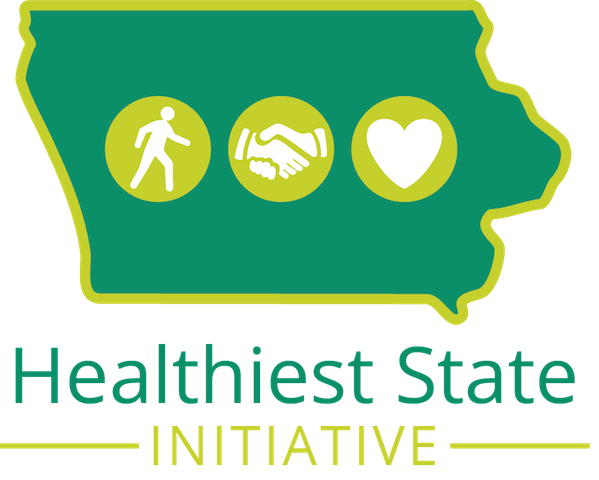Brad’s Story
Content warning: Suicidal ideation
Brad Brake was a new college graduate when he moved more than 1,000 miles away from his rural Minnesota home for an opportunity to teach underserved communities through Teach for America. Up until that point, Brad had thrived as a college student, and he was truly excited for this new adventure.
“Everything came pretty easy to me,” said Brad. “This was really the first time being out of my element and unsure of myself.”
In his new role, Brad was pulling 20-hour days, waking up early for graduate school classes, teaching students in the afternoon, followed by his own homework and prep work until the early morning hours. For Brad, it was the “perfect storm of challenges” and his anxiety began to rise.
“I remember walking through a Walmart, seeing a rope, and having my first suicidal thought. My chronic state of panic was so overwhelming that I realized I was searching for any way out of the situation.” said Brad. Shortly after that experience, Brad quit his teaching position and returned home to Minnesota where his anxiety gave way to apathy and depression.
“As the depression got worse, I started holding my roommate’s firearms that were freely available and wondering if I could actually successfully kill myself,” said Brad. “That scared me. I didn’t know what to do, but I knew I had to do something, or else my wondering would have turned to action.”
Brad went to a physician and was given a prescription for his depression symptoms. Over the next several years, including during his time at law school in Nebraska, Brad continued to seek treatment for his depression, anxiety and attention deficit hyperactivity disorder (ADHD), which included medication and therapy.
“I found a therapist that I connected with, and we started putting the pieces together of what I go through and the thought processes that made me suicidal – and how I can stop those thoughts before it reaches that point,” said Brad. “It’s a balance. My mental illness doesn’t define me, but I need to acknowledge it’s there and take care of it, just like I would any physical illness or chronic condition. That took me a long time to accept.”
Today Brad, now 33, is director of the Harrison County Public Health Department in Iowa. Amid the added stress and pressure of the COVID-19 pandemic, Brad led the county through it's pandemic response while maintaining his own mental health with weekly tele-health therapy appointments and coping skills he’s learned over the past decade.
His own personal experience with mental illness has made him passionate about expanding mental health services and resources to Harrison County residents, serving on the board of directors for NAMI Southwest Iowa and making people aware of the mental health resources in their community – resources he needed but was unaware of while struggling through his 20’s.
“We have to find a way to take the judgement out of someone experiencing a mental illness. Growing up in a rural community, I know too well that the practice is to push things down and not ask for help,” said Brad. “I want the community to know that people they work with, go to school with, worship with, and love are experiencing this. And most importantly, that it’s OK to ask for help.”
While his department works to address access to mental health care within the county, Brad hopes local workplaces can be sources of support, too. Early in his career, Brad experienced what a supportive workplace can feel like when he shared his mental illness with his supervisors.
“I threw it all out on the table in a meeting with them and it couldn’t have gone better. We talked about my triggers and came up with reasonable accommodations,” said Brad. “It allowed me to still do my job while taking care of myself.”
“My mental illness doesn’t define me, but I need to acknowledge it’s there and take care of it, just like I would any physical illness or chronic condition.”
He reflects on those lessons now that he is in a supervisor role. Harrison County Public Health is a Make It OK Registered Workplace and, in 2020, the department received the Platinum Bell Seal for Workplace Mental Health from Mental Health America.
While Brad has been advocating for mental health issues at a department-level for several years, he recently felt compelled to tell his personal story with the hope that by sharing his own experience, others won’t feel the same kind of isolation he felt early on in his mental health journey.
“It’s the reason I’m doing this. Sometimes it takes knowing someone who has gone through it to draw a personal connection,” said Brad. “I am in a unique position to tell my story and the more that people tell their stories, the less that stigma will be there.”
If you or someone you know is contemplating suicide, call the National Suicide Prevention Lifeline at 1-800-273-8255.



